|
It is now one year since This Sacred Isle was first published, and how those twelve months have flown by! To celebrate this first year, I am holding an exclusive Smashwords offer - where you can pay what you like for the ebook version of the book! Yes, that's right, pay what you like - even nothing! Offer ends on 1st November 2017, so if you fancy reading an epic fantasy adventure set in Dark Age Britain, featuring warriors, dragons and the return of Merlin, then go straight to the link below and begin the quest. . .
https://www.smashwords.com/books/view/662994
1 Comment
All authors draw on a wide range of inspirations for their stories – they use real-life experiences, their concerns about their world, books they have read. For me, and I suspect many other writers too, visual art is hugely important for inspiring and shaping my novels. In the early stages of planning and writing a new novel, I always try to visit art galleries, and as well as being enjoyable experiences, I always come out fizzing with ideas – paintings and sculptures suggest to me scenes, characters and ideas. I am fortunate to live relatively close to London and Cambridge, and so have access to the incredible art galleries there, many of which are free to enter! I believe art allows us to see the world from different perspectives, to challenge our assumptions and beliefs. Art can make us all feel a little less alone in this world – it can provide a safe space for us to consider and explore feelings and fears we might otherwise feel uncomfortable in confronting. Although I could never claim to come close to matching the insights and skill of the artists who are important to me, I hope their work can unlock new dimensions in my own work. I also try to remember that the masterpieces hanging on the gallery wall are the product of years of dedication, of learning, of mistakes and experiments – they did not come easily to the artist, their high level of achievement had to be earned. And when I am battling through the writing and editing of a book, I find that an encouraging thought! I see each book I write as an opportunity to learn new things, especially about art. I am certainly not an expert in art or art history, but I find it an endlessly absorbing subject, as there are always new artists and works to discover. When writing The Tree of Life trilogy, a number of artists were important to me in developing the landscapes and inhabitants of my invented fantasy world, for example the nightmarish creations of Hieronymus Bosch, the dark visions of Francisco Goya and the mysterious paintings of Arnold Bocklin (whose The Island of the Dead painting was a key image for The Last Days, the final book in the trilogy). I also found great inspiration in Assyrian sculpture, and enjoyed many happy visits to the Assyrian palace relief rooms in the British Museum, absorbing this intricate, undeniably powerful work. I hoped that, in some small way, absorbing the work of such artists not only broadened my own knowledge, but provided extra depth to my writing, and made my fictional worlds a little more convincing. When I wrote This Sacred Isle, I continued this fascination with art and there were several specific paintings that heavily influenced imagery within the book, for example Three Studies for Figures at the Base of a Crucifixion by Francis Bacon, Apollo and Python by JMW Turner, An Experiment on a Bird in the Air Pump by Joseph Wright of Derby, Mammon by George Frederic Watts and The Ghost of a Flea by William Blake. But for This Sacred Isle, two artists were particularly important to the book’s development and symbolism, although both are painters from a far more modern era than the novel depicts. In the work of symbolist painter Odilon Redon, I discovered enigmatic images that chimed with the dreamlike atmosphere I was searching for in certain scenes of the book. And I never failed to be inspired by the paintings of Paul Nash, possibly my favourite painter. It was crucial to me to establish the landscape of This Sacred Isle as a character in its own right, and to hint at traces of history it had witnessed and sustained. Paul Nash had an intense and deeply personal relationship with certain landscapes such as the Wittenham Clumps and Avebury, landscapes he claimed possessed a quality he named the genius loci. I have written before about the influence of Paul Nash on my work (see my earlier blog post), and I am sure this influence will endure through all my future stories. Art is certainly central to Second Sun, the SF book I am currently writing, in particular the concept of ‘Outsider’ or ‘Naive’ Art. I am fascinated by art produced by untutored artists working outside of the normal conventions of the art world. For example, the primitive quality of Alfred Wallis’s paintings has inspired one of the key characters in the novel, ‘The Captain’, who produces art not to sell, not to achieve fame, but to preserve memories of things now lost. I loved the sense of an artist expressing a profound, unorthodox view of the world, totally at odds with the norms of society. I was fortunate enough to view a small display of Wallis’s paintings at the Fitzwilliam Museum in Cambridge, and seeing them close up demonstrated the raw power of his approach to scale and perspective, and the muted colours seemed to heighten their drama. The work of Alfred Wallis, and discovering more about his life, unlocked for me the character of ‘The Captain’, who although is absolutely not Wallis, does share some of the same motivations and obsessions. Away from ‘Outsider art’, a number of other painters and sculptures continue to influence the imagery and atmosphere of the novel. The paintings of Australian artist Jeffrey Smart also resonated strongly with me as I began to plan Second Sun. I have kept his empty, somehow dislocated urban landscapes very much in mind when creating the setting of my novel. The narrative paintings of Paula Rego (definitely one of my favourite artists) also fascinate me, both for the challenging, often violent themes she explores and for the way she weaves fairy tales and legends in her paintings as powerful symbols, something I am attempting to do (though with much less skill than Rego, I’m sure!) with Second Sun. And finally, the sculpture is a vital influence for this book: for example, the enigmatic figures produced by Antony Gormley (especially installations such as Event Horizon), and the smooth, rounded forms of Barbara Hepworth’s sculptures, will in different ways shape elements of the story. I hope this post gives a sense of the importance of art to me as a person and specifically as a writer. I look forward to discovering new artists, exploring their unique perspectives and letting their work encourage me to push myself further with my writing.
Who are the artists who influence your life and work? Leave a comment and join the conversation. |
Archives
October 2023
Categories
All
|
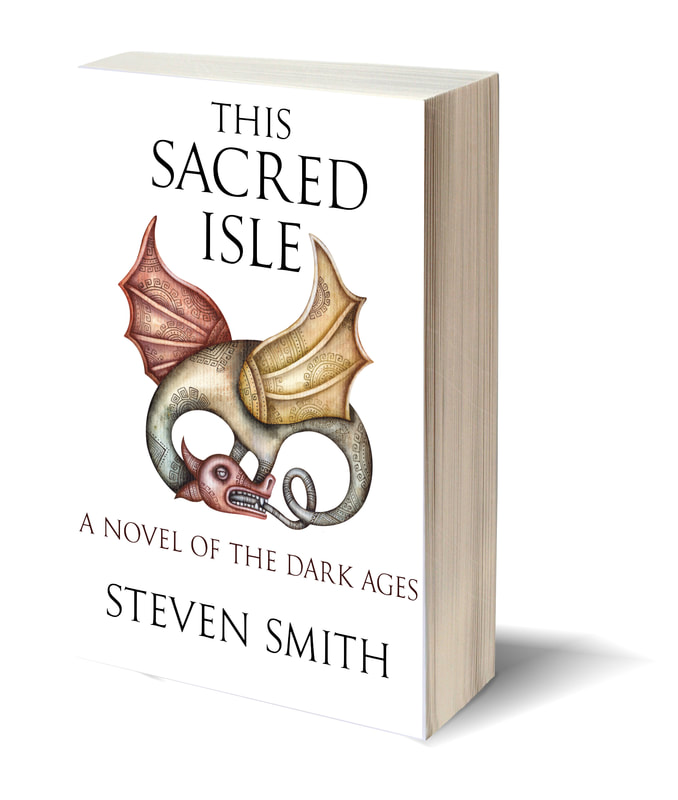
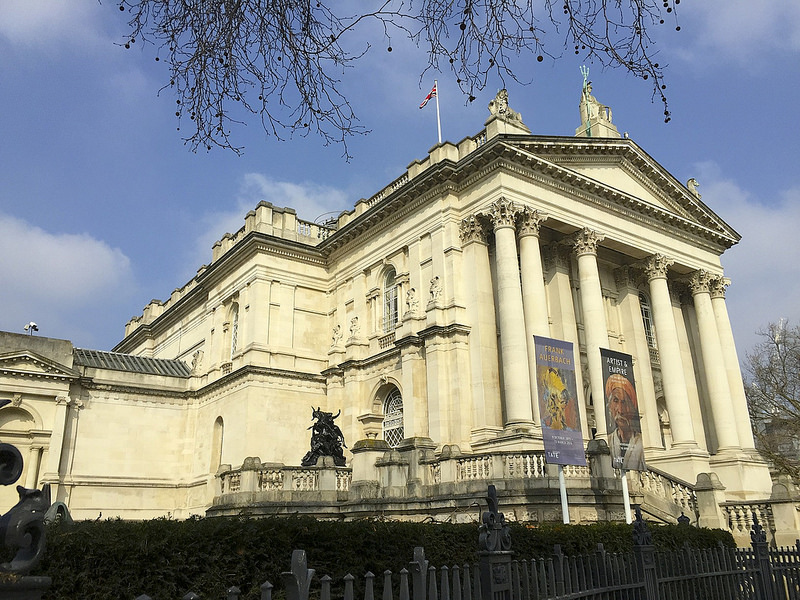
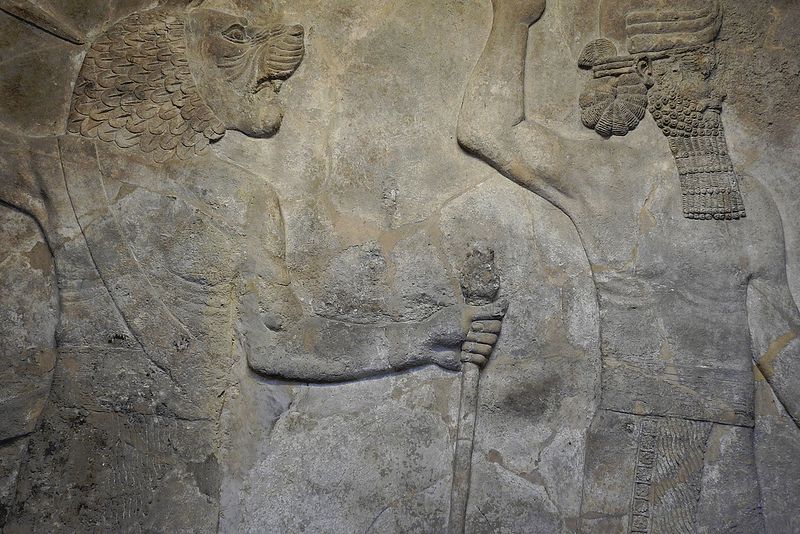
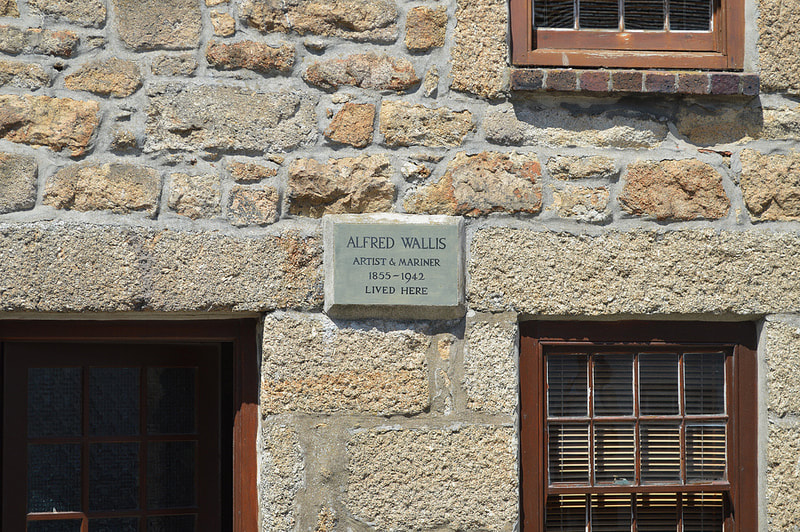
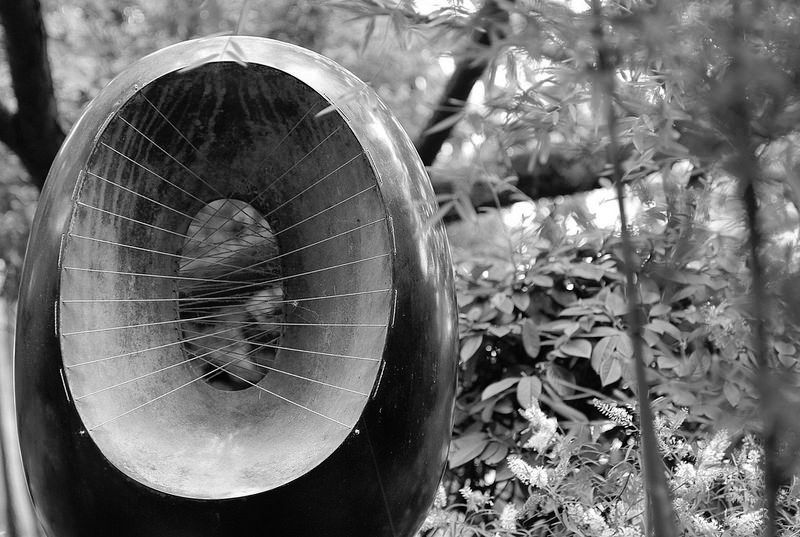
 RSS Feed
RSS Feed